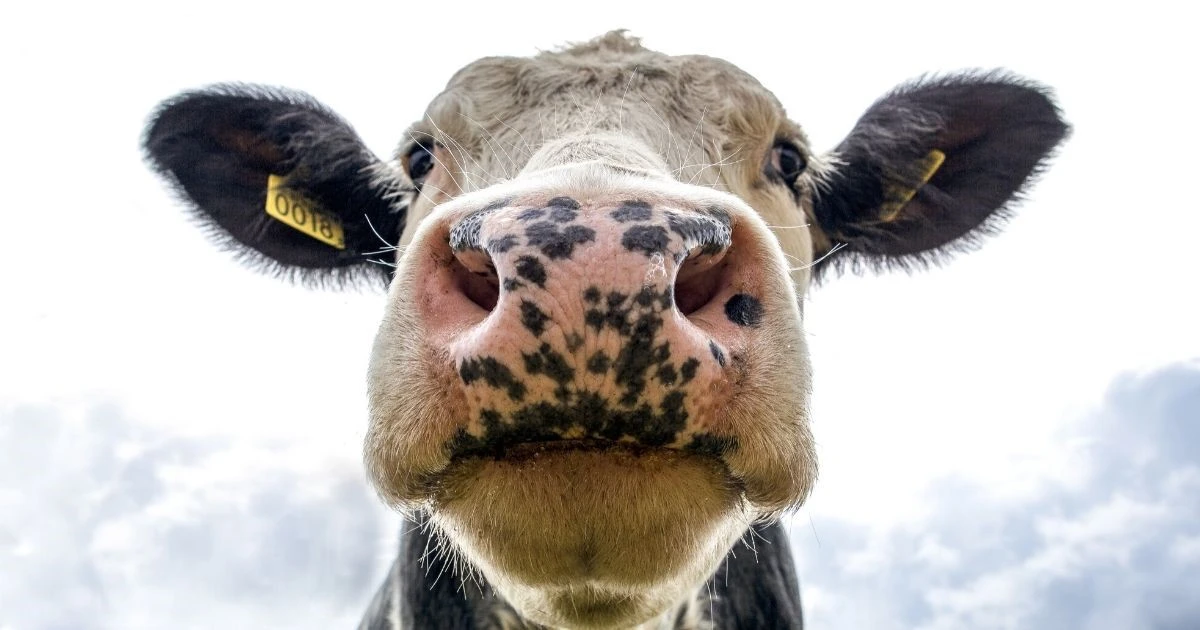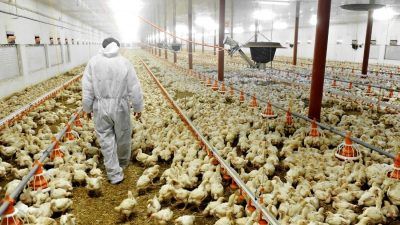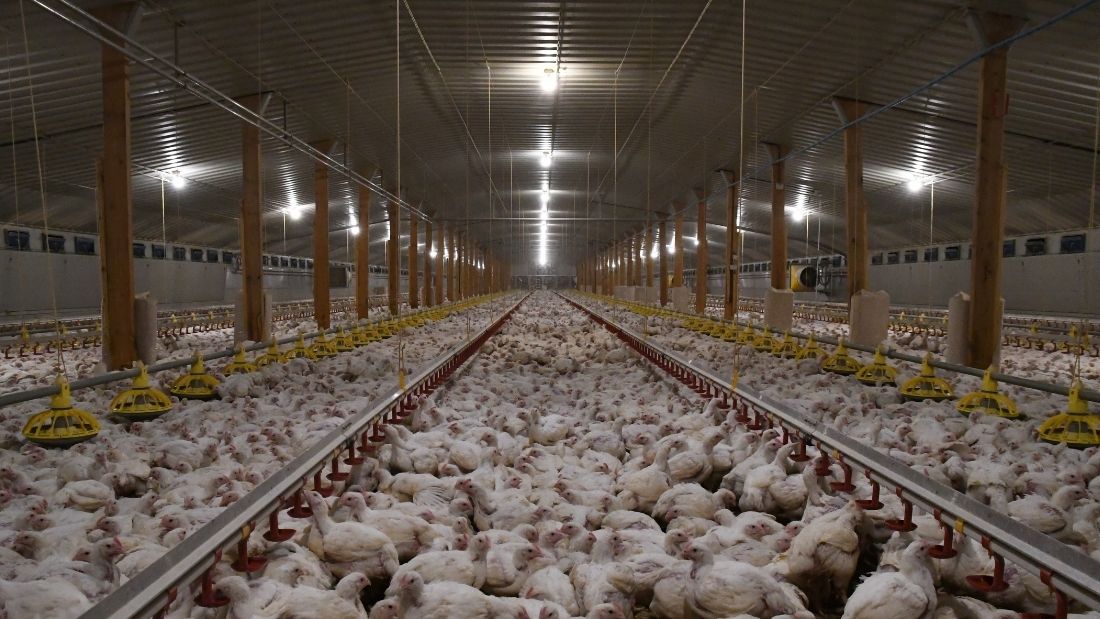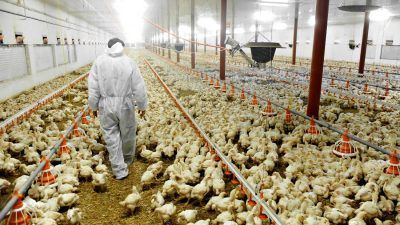Dairy cows test positive for bird flu

The US Department of Agriculture (USDA) has detected bird flu in dairy cows for the first time.
The latest outbreak of bird flu began in late 2021 and has resulted in the deaths of millions of birds worldwide. The virus has been detected in an increasing number of mammals, but this is the first time it has been detected in cattle.
Milk samples collected from two dairy farms in Kansas and one in Texas tested positive for the strain of avian influenza called H5N1, which is highly lethal in birds. Around one in ten of the cows on the affected farms appear to be sick.
The dairy farms reported dead wild birds on their properties, but it’s not known how the virus was transmitted to the cows. Most carnivorous mammals that have fallen ill, such as seals, bears, foxes, skunks, farmed mink, cats, dogs and animals kept in zoos, such as tigers and leopards, are thought to have caught the virus from eating dead and infected birds – obviously that doesn’t apply to cattle as cows don’t eat birds. It could be that faeces or saliva from infected wild birds contaminated the cattle’s food or drinking water.
What is also unclear, and is a worrying concern, is whether the virus is spreading from cow to cow. This may increase the risk of it jumping to humans. Early testing of samples from infected cattle has not found any genetic changes that would suggest the virus has become more transmissible to humans.
However, every time a mammal is infected with bird flu, the virus has an opportunity to mutate and gain the ability to spread between mammals. It’s a bit like pulling the handle on a fruit machine and factory farms provide the perfect environment for a spreading virus to mutate.
The best way to limit the spread of bird flu, and so lower the risk of another pandemic, is to go vegan and remove the viral reservoir provided by factory farms.
Find out more about bird flu here.







